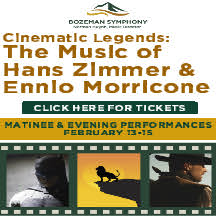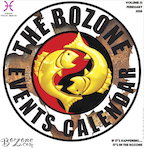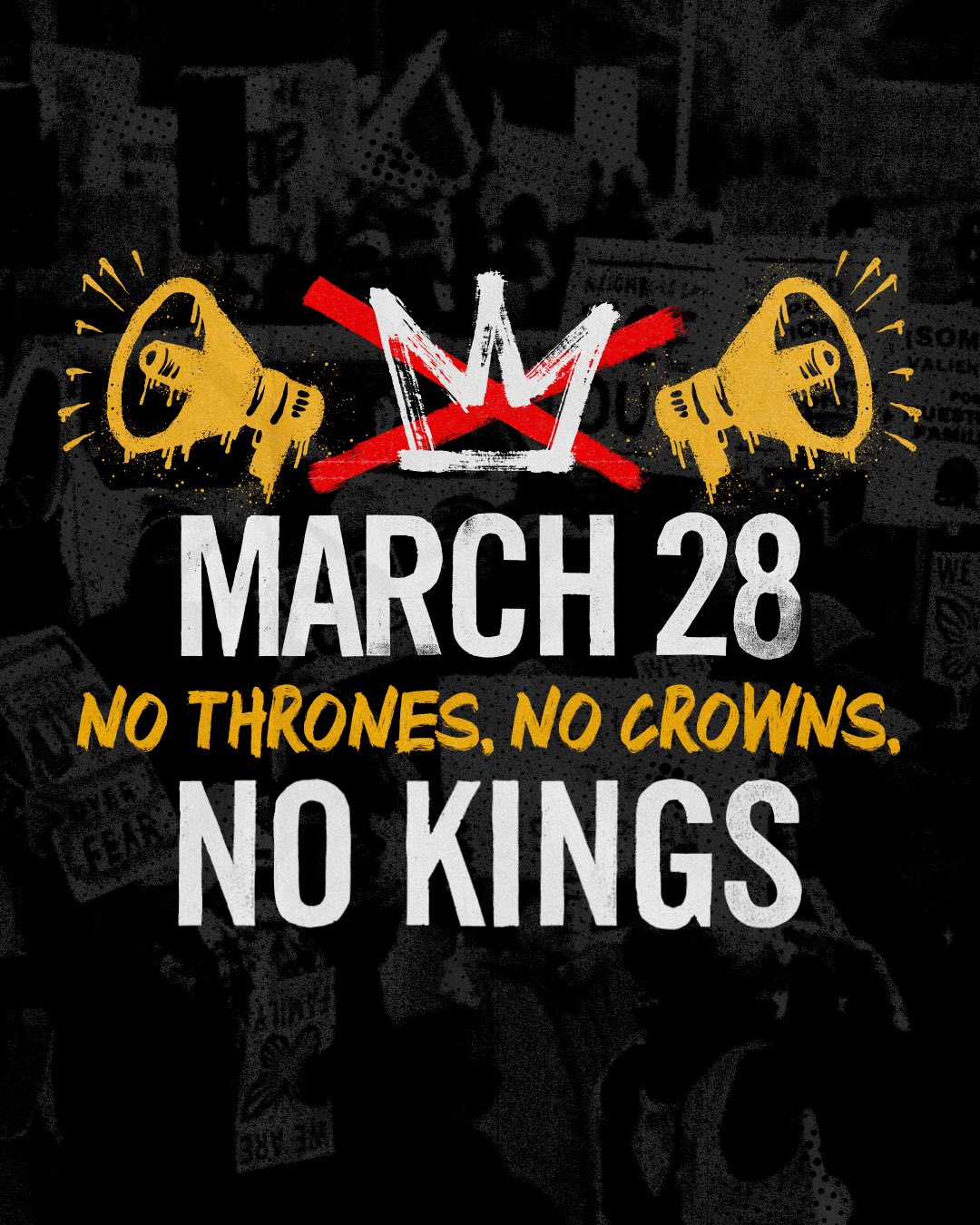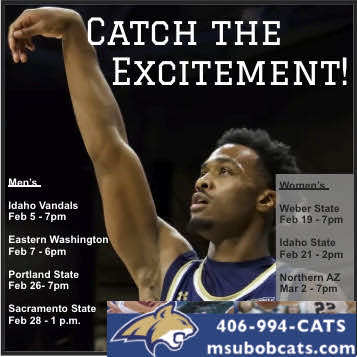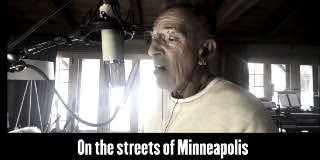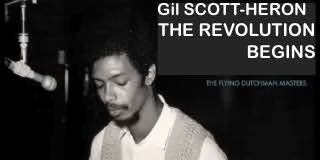Bozeman’s very own Citizen Jack sat down with the RollingZone to talk playing music and managing the interests of its five talented musicians including Jacqui Suff (Lead vocals, rhythm guitar), Dave Weiss (Harmonica), Dan Krza (Bass), Tyler Love (Drums), and Tom Kelly (Lead guitar). Though the band only officially formed around a year ago, each member has been dedicated to his or her passion of music and eagerness to perform for far longer. Equipped with an arsenal of songs as spacious as its members’ age bracket, Citizen Jack are all about making their brand of “Cowboy Reggae” as fun for the crowd as it is for them. Keep reading to see why this group of whimsical players is about to make their (even bigger) mark on your local music scene.
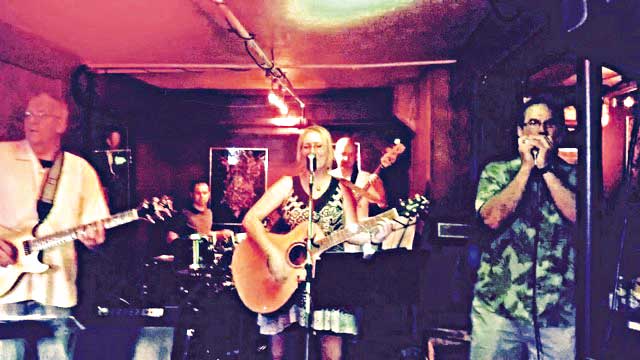
RZ: You’ve played at Colonel Blacks a lot, Lockhorn, the
Zebra, the Hauf–is that your
typical circuit?
JS: We’ve played the Legion, but we’re just trying to get into the rota, I guess, with different bars. We like Colonel Blacks.
DW: It’s really only been a year since we’ve been playing gigs out together.
JS: Yeah, not long.
RZ: How did the band [as it is] all come together?
JS: Tom and I were in another band together, and we met because his wife went to our previous drummer–who’s a hairdresser–and that band kind of fell apart. And I lived up on the mountain and moved into town and we wanted to carry on playing. We had another kind of band that, again, fell apart as bands do. Then Dan joined us–who is
very good friends with Tom–on the bass even though Dan’s actually a guitar player. So he kind of moved to the bass.
DK: They docall it the bass
guitar.
JS: Bass guitar. And then Dave just showed up and wouldn’t leave.
DW: I’ve been sleeping on the couch ever since.
JS: Yeah, ever since [laughs]. We went through a succession of drummers, which was a struggle to constantly introduce [them to our music], because we play very different songs. We play songs that people don’t know [how to play]. It’s not like somebody can just come sit in. And then we bumped into Tyler–who’s a friend of a friend–
in a bar. He said, “I’m a drummer,” and I said, “Do you want to
come drum?”
TL: Turned out, I lived across the street.
JS: And I didn’t even know it.
TL: Now I live in her backyard.
RZ: Perfect.
DK: He’s our captive.
JS: He needed somewhere to put his drums and we needed a drum kit, so we put his drum kit in the basement and him in the other basement [laughs]…
RZ: And the rest is history.
JS: Yeah exactly. We like to say he brings down the average age of the band.
DW: To a more reasonable level.
RZ: Did you guys ever think this was going to happen one day, meeting a bunch of friends and making
a band?
JS: Well Dan’s always been
in bands.
DK: It keeps happening over and over.
DW: Dan and I have been playing in some form together–it goes way back to “Blue Mondays” in Dave’s living room.
DK: Eighteen years ago.
JS: These guys have known
each other a long time. I’ve
known Tom about five years,
and then Tyler’s the newest one
to join. It can be difficult. It’s hard to have a band of friends, ‘cause that can cause arguments.
DW: What are you talking about? We never argue.
ALL: Never; never ever. [laughs]
TL: It’s nice. The difference between being in a band with [these] guys and being in a band with my normal peers is [these] guys are able to resolve their issues.
JS: Oh yeah we do. Tom and I fight a lot and then we hug. It’s nothing personal. Just “stop being
an ass.”
RZ: You had band practice
last night–do you do that on a
regular basis?
JS: Once a week. We’ve pretty much got down the sets that we play down pat. So now it’s just finessing it, and actually just having a good time–learning to have a good time as a band rather than just a ‘deer in headlights’ kind of thing.
DW: It seems we have a pretty good time as a band, generally.
DK: Why else would we do it? This isn’t our day job–it’s kind of our night job.
JS: We can’t be in it for the money. This is Bozeman. [laughs
all around]
RZ: There’s only so much you can do.
DK: I’m saving up for some new bass strings.
JS: You might make it after two more gigs.
RZ: Tell me about your sound, how you would define it.
JS: Cowboy reggae. We were talking about this last night, really, it is quite hard to define what our sound is because we just hear music and if we like it we go “oh yeah we can play that.” So it is anywhere from a funk to punk to country to blues to rock–it’s whatever takes our fancy and we’ll think will appeal to other people.
DW: And what will appeal to us.
TL: We come first, it’s kind of selfish almost, but it’s the best way. We don’t want to play music we don’t like.
JS: We spend a lot of time
saying “we should play this” and
“oh yeah.”
DW: Or “that’s too hard.”
DK: Or somebody says [a stern] “no, we’re not going to do that.”
DW: It’s usually Tom.
TL: But he’s not here to defend himself.
RZ: Do you guys have any personal favorites you like to play altogether?
JS: I think we all have our particular favorites. We joke that I’ll always lean towards the country. I know I’m the Brit, but I really want to be an Australian country star.
DW: And I want to be in a
blues band.
JS: What’s your favorite, Dan?
DK: I don’t know, I’ve been introduced to a lot of music in this band that I probably wouldn’t have listened to otherwise. I mean, when I was younger I kind of hated country and I’ve come around. Jacqui’s introduced me to a lot of this kind of cool country music with a strong female voice in it. I like those a lot.
JS: Angry, angry. Dave is
thinking angry females.
DW: Some of them are angry.
DK: Most of them are
pretty angry.
DW: There might be some bitterness in some of the songs that
get chosen.
JS: I like the Brandi Carlile songs, those are my favorites I think.
DW: I think the different genres that each of us really like to play the most brings it all together, and I think it makes it even more fun.
DK: Country songs become more rock and bluesy, and the rock songs become a little more country and twangy.
TL: Attempt to change our songs into what we want them to sound like.
DW: So, a number of these obscure Australian folk songs that–
JS: They’re country, they’re not folk.
DW: –what I like to call Australian Americana, which is of course meaningless, but I hadn’t even heard the songs. I’d probably been playing them with these guys for about six months and then I heard the originals and I’m like, “wow, that’s a terrible song, I’m glad I didn’t hear that before we started playing it.” [laughs] We do it great. Listening it’s super boring, but we do it super fun.
JS: We’ll throw something in there–I think it was Tom that said “let’s do ‘Call Me’ by Blondie,” which you know you do that and everybody’s head just swivels. I remember playing it at the Hauf and the barman… I could look over and the barman was singing his head off to it, it was great. Because nobody expects that in the middle of a country/blues set, you know, “let’s do some disco!”
DW: It’s interesting, too, a lot of these songs that I thought were obscure, we play them out and there’s a bunch of people who know every lyric.
JS: “Mama’s Broken Heart,” everybody sang along to that. Oh and “Before He Cheats,” everybody dances to Before He Cheats. It’s
not a dance song, it’s always bitter women out there shaking their thang.
DW: There are a lot of bitter women out there.
JS: I’m representing.
DW: A couple weeks ago at Colonel Blacks there was a person who knew one of the songs that nobody else knew and she was just–
JS: She was making out to
Billie Joe.
DW: –that was the one, “Ode to Billie Joe.”
JS: We think if we have three people making out in the audience, we’ve made it, and we’re a $500/night band. We had two last time. Quite frankly, who needed to get a room.
RZ: Are you geared toward making any originals yet?
JS: Not yet. I think Dan’s got a couple of originals in him.
TL: I’ve talked about it with Tom a little bit, too, but just talked about it. It’s an idea that we can all think about, but we’re so focused on the stuff [we already have]. I’m just now caught up to everything that they know since I joined, so we’ve added three or four new songs since then. We’re just kind of slowly adding songs we like to listen to and maybe someday we’ll do something.
JS: I don’t want to write anything because it would come out as a bitter woman. It would just be too personal!
DW: Apparently that sells.
RZ: This thing has taken a life of its own. Do you want to take it further than the Bozeman?
JS: I’d love to play out more, but our day jobs kind of stopped us doing that. I think our aim is to maybe play twice a month, isn’t it?
DW: I think so. And, yeah, maybe branch out a little bit further a little regionally. I don’t think we’re ready for a three-month road tour or anything.
JS: We’re going to try and get into some of the ski resorts this winter. And they all ski–I’m just going to sit in the hot tub all day.
RZ: What sort of following do you have, who comes to see your shows?
ALL: Friends, groupies. [laughs]
JS: We’ve got some cool groupies that are very kind to come and watch us, but we’ve played some different nights. We’ve played after Music on Main twice, at the Legion and at Colonel Blacks. We’ve kept people in as they’ve wandered through, but they stayed and they danced and enjoyed it. I think they kind of happen upon it and they go “oh, I quite like this.” I hope that through that and if we advertise a bit more, people will come and see us again.
RZ: What’s your ratio of slow
to fast songs you play when you do
a show?
DK: It’s different with every audience and every night you have. If you play, one night it could get everybody lovin’ life and another night will be a snoozer and
people leave.
JS: We will switch up sets when we see that happening. If everybody’s dancing, we want to keep them dancing. Like Dan said, it really depends on the night.
TL: Sometimes you have to adjust as you go, even just that night.
JS: We find sometimes if we play the Legion, it’s much more of a country night. If we play Colonel Blacks, we’ll throw some big rock numbers in there because they seem to like that more. It depends on the venue, but we’ve got enough material now that we can swap it in and out. But you have to play occasional slow ones, otherwise my voice
will die.
DW: But the ratio is definitely more fast ones to slow ones, but it’s about trying to find that balance.
JS: It’s usually about 80/20, I would say.
DW: That’s about right, you just never really know when people are going to want to shake it versus sort of swaying a little bit.
RZ: Do you adjust your breaks according to the feeling in the room?
JS: We do. If people are really going for it, then we’ll extend our set and then alter it that way. We don’t want to lose people. And if we see a big influx of people we’ll carry
on playing.
RZ: What upcoming shows to you have on the books?
DW: We’ve got another one at Colonel Blacks on October 3rd.
JS: We’re going to do our winter push for the ski resorts, Christmas, and New Year’s.
RZ: It seems like your future is bright for the most part.
JS: I think so. We’re enjoying it, that’s the main thing. When it stops being fun, we’ll stop
doing it.
DW: That’s the good part of our shows too–if we’re having fun, the audience is having fun. It all plays off each other. There’s a fine line between us and the audience. We’re at the bar drinking, too, but we just happen to be playing some music.
DK: It must be said, we’ve played some gigs that have been on the earlier side and it’s not always complete debauchery.
JS: I think actually now, we’ve just come into our own at the minute. We know our limits in terms of not getting too drunk that we can play, but we just have fun. We’ve just reached that thing now–the fun part.
I think it’s very obvious when
we play.
Citizen Jack is next set to appear at Colonel Blacks
on Saturday, October 3rdat 10pm. For more information, call the venue at 585-8851
and check out the band’s
new website at
www.citizenjackbozeman.com. •

